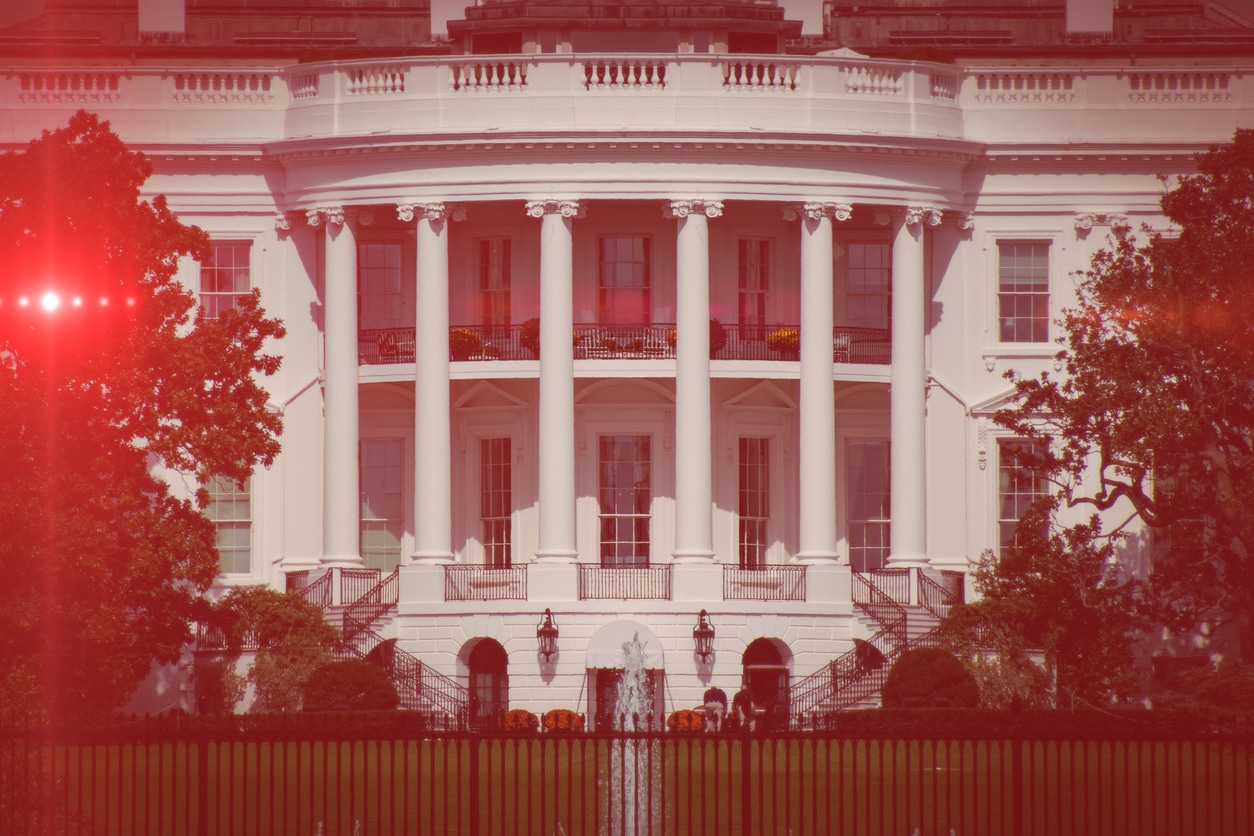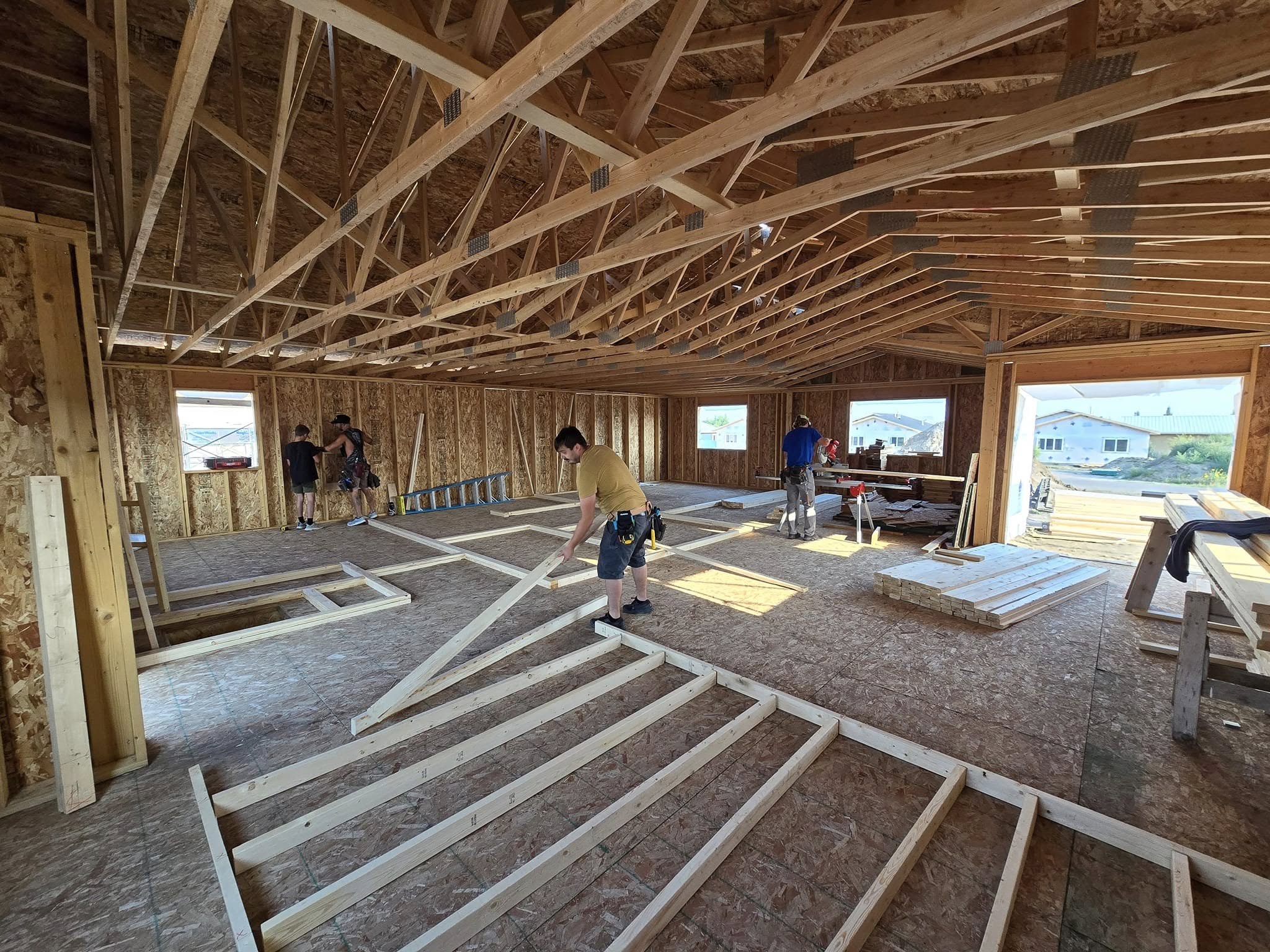The Office of the Comptroller of the Currency has issued some guidance to banks about the “obligations and risks related to foreclosed property.” The memo, released last week, asks banks to consider local locals laws, issues related to safety and soundness, as well as overall community impact of vacant properties.
“As a matter of safe and sound banking practices, banks should have robust policies and procedures in place to address risks associated with foreclosed (or soon to be foreclosed) properties.”
There’s some useful material in the memo about how “some localities may require registration of foreclosed properties, properties in foreclosure, or vacant properties” and that “banks should be aware of and comply with such requirements” as well as some property disposition recommendations.
But while the OCC is saying that banks “should be aware of and comply with” local laws, you have the FHFA suing the city of Chicago over an existing vacant property ordinance that “makes lenders liable for the upkeep of vacant homes before they take possession of the title.”
To make things more confusing, you have Las Vegas passing an ordinance that “holds lenders liable for the upkeep of vacant homes even if a default or foreclosure is pending and the borrower still holds the title.”
While the OCC dictum appears to only address properties after they’ve gone through sheriff’s sale and become REO, here you have one part of government that says “comply with local laws,” while another fights those laws. It makes your head spin.
Photo courtesy of sigma via Creative Commons.




Comments